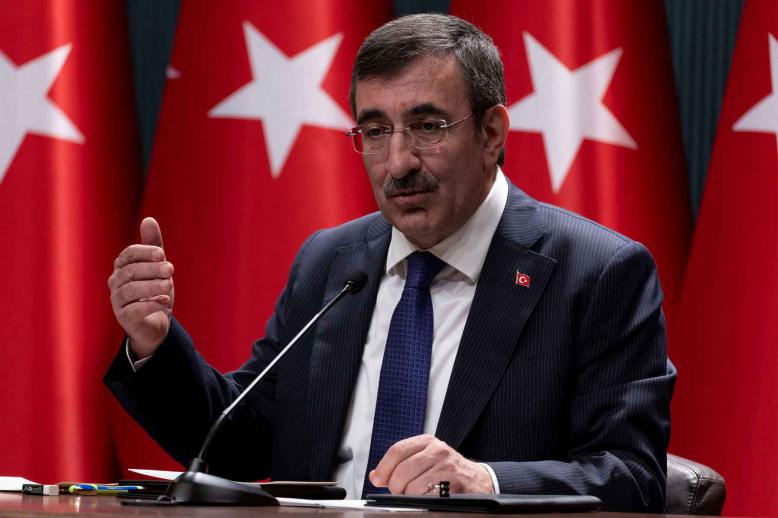Egypt edges closer to settling debts to foreign petroleum firms
CAIRO - Egypt is close to repaying debts to foreign petroleum companies, a sign of economic recovery and an important step towards attracting investments in the petroleum sector, analysts said.
The Egyptian government, in late July, paid $1.2 billion to foreign petroleum companies operating in Egypt. Cairo plans to repay the remaining $1.2 billion owed before the end of 2019.
“We are also committed to repaying all remaining debts to show that we are keen on long-term relations with these companies,” said Petroleum Ministry spokesman Hamdi Abdel Aziz. “We are doing everything we can to settle all debts soon.”
The turmoil after the 2011 revolution rendered the Egyptian government incapable of honouring commitments to several foreign petroleum companies. In 2014, debts to the foreign companies amounted to $6.3 billion and some companies were close to terminating operations in Egypt.
“This gave a very bad impression about our country among international petroleum companies,” Abdel Aziz said.
When it started it economic reform programme, the Egyptian government drew up an ambitious plan to help the economy recover. This included the payment of debts to foreign petroleum companies.
There are hopes — supported by studies that indicate huge oil and natural gas reserves in Egyptian territory — the petroleum sector can become a main driver of the Egyptian economy.
The finds, including a gigantic gas field off Egypt’s Mediterranean coast, are promising major changes in Egypt’s economic conditions.
“They are having a major effect on total production,” said Gamal al-Qaluibi, a professor of petroleum engineering at the American University in Cairo. “They are also boosting confidence in the local petroleum sector.”
Egypt is expected to achieve self-sufficiency in natural gas by the end of the year and exports are to resume by next year. The government said petrochemical exports increased 26% in the first half of 2018 and are expected to rise as local gas is further developed and liquefaction of gas from other countries increases.
The Egyptian natural gas sector is attracting international petroleum and gas companies, including Italy’s Eni, Russia’s Rosneft, Malaysia’s Petronas, the United States’ Apache and the Anglo-Dutch Shell.
Petroleum companies are increasing investments in operations in Egypt. In the fiscal year 2017-18, which ended June 30, the petroleum sector received $10 billion in foreign investments, 25% up from the previous year, said Petroleum Minister Tarek al-Mulla.
“This is a reflection of the growing interest of international petroleum companies in the local oil and gas sector,” Qaluibi said. “I believe more and more companies will come to the market in the future.”
Egypt aspires to attract a similar amount of foreign investments this fiscal year.
The trend enhances Cairo’s plans to turn Egypt into a regional energy hub by utilising the country’s sprawling refineries and gas liquefaction facilities.
Egypt is spending billions of dollars on upgrading refineries. The energy hub label is not only about fossil fuels but also about growing national use of renewable energies.
Egyptian President Abdel Fattah al-Sisi recently inaugurated the country’s largest solar power farm in Aswan and a wind power farm in the Red Sea area. Egypt plans to increase renewable energy from 4% of total energy production at present to 20% by 2022.
“Our energy sector is so promising and it is expected to drive the economic growth in the years to come,” said energy expert Ramadan Abul Ela. “Developments on the ground will turn Egypt from a marginal member of the international energy community to an influential player in the future.”
Amr Emam is a Cairo-based journalist. He has contributed to the New York Times, San Francisco Chronicle and the UN news site IRIN.
This article was originally published in The Arab Weekly.







